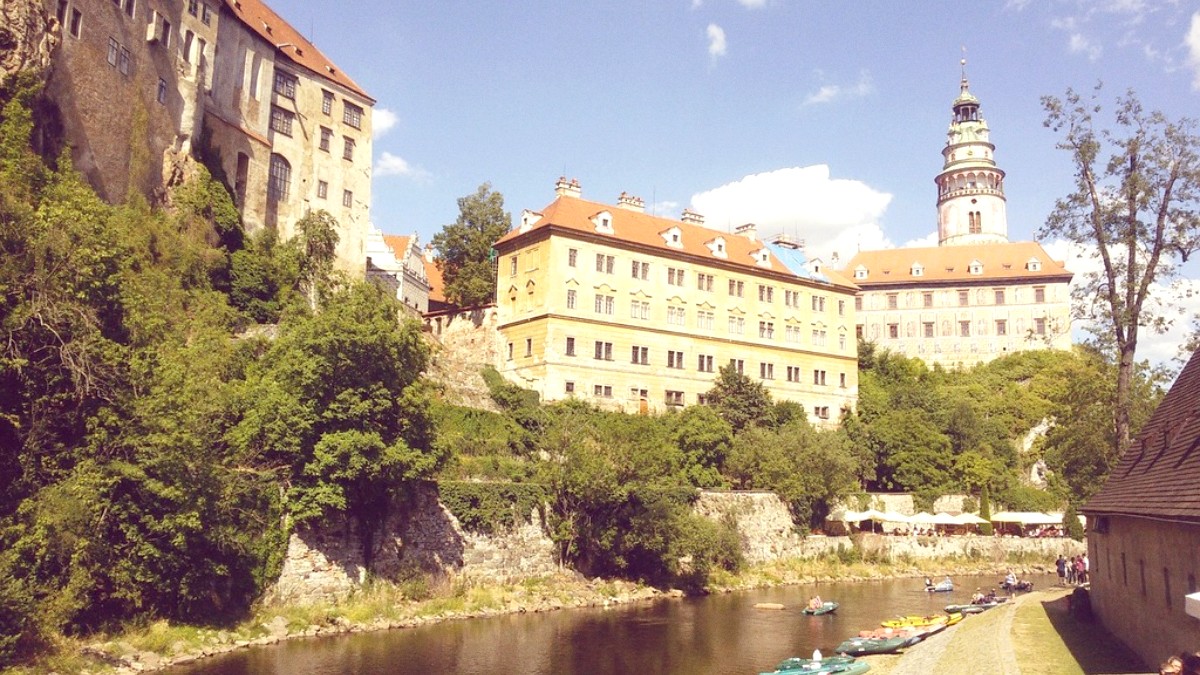
The South, Austria
Klagenfurt am Wörthersee experiences a humid continental climate, with warm summers and cold, snowy winters. Climate patterns show gradual temperature rises in spring (5°C to 15°C) and cooler temperatures in autumn (15°C to 5°C). Summers see temperatures between 18°C and 25°C, with frequent thunderstorms. Winters are cold, averaging 0°C to -5°C, with common snowfall. Humidity varies from moderate to high, especially in summer.
The choice of travel time influences crowds, prices, and available activities. High season (June-August) means the warmest weather, ideal for lake activities, but also largest crowds and peak accommodation prices. Shoulder season (April-May, September-October) has mild weather, fewer crowds, and lower prices, suitable for hiking and cycling. Low season (November-March) has fewest crowds, lowest prices, and winter sports opportunities, along with Christmas markets.
Summer months, especially from June to August, can experience powerful thunderstorms. These often arrive in the late afternoon, bringing heavy rain and lightning. Plan indoor activities or seek shelter during these periods. Autumn and winter sometimes bring periods of dense fog, especially during morning hours, which can reduce visibility. Winters are snowy, especially in January and February. While beautiful, snowfall impacts driving conditions and causes delays if exploring by car.
Always check the local weather forecast a few days before your trip and pack versatile layers. Klagenfurt's weather may change quickly, specifically in shoulder seasons.
Crowds & Prices
Warmest weather, ideal for lake activities, all attractions on full schedules.
Largest crowds, peak accommodation prices, occasional heavy thunderstorms.
Mild Weather & Fewer Crowds
Mild weather, fewer crowds, lower prices, suitable for hiking/cycling.
Lake water cool in early spring, some summer activities might be limited.
Peaceful & Budget-Friendly
Fewest crowds, lowest prices, ideal for nearby winter sports and Christmas markets.
Cold weather, snow/ice impact driving, limited outdoor lake activities.
Austria is a member of the Schengen Area, which simplifies travel for many nationalities. Citizens of many non-EU/EEA countries need a Schengen visa for stays up to 90 days within any 180-day period. This group includes citizens from countries like China, India, South Africa, and others. The application typically covers forms, passport-sized photos, proof of travel insurance, evidence of accommodation, and documentation of sufficient funds to the Austrian embassy or consulate in your home country. Begin this process well before your travel dates, as processing times vary. Citizens of the EU, EEA, Switzerland, United States, Canada, Australia, New Zealand, Japan, South Korea, and the United Kingdom enter Austria for tourism or business purposes without a visa. This visa-free entry also permits stays up to 90 days within any 180-day period.
Always carry the following documents, even if eligible for visa-free entry: Passport (valid for at least three months beyond departure, two blank pages for stamps), Visa (if applicable), Proof of Sufficient Funds (bank statements, credit card, cash), Proof of Accommodation (hotel bookings, invitation letter), Return or Onward Ticket (evidence of leaving Schengen Area), Travel Insurance (mandatory for Schengen visa applicants, recommended for all), Passport-sized Photos (for visa application).
No general entry fees for tourists upon arrival in Austria.
Non-EU/EEA citizens go through passport control; passport stamped upon entry/exit.
No specific permits generally for tourist activities.
No specific health-related entry rules currently. Routine vaccinations advised.
This section details currency and cost estimates for various travel styles.
The Euro (€, EUR) is the official currency. ATMs ("Bankomat") are widely available for cash withdrawals. Major credit cards (Visa, Mastercard) are broadly accepted, especially in larger establishments. Smaller shops may prefer cash. Inform your bank of travel plans.
Tipping is customary but not mandatory. Round up the bill or add 5-10% for good service in restaurants. Round up for taxi drivers. A small tip (€1-€2) for hotel staff is welcome. No obligation for large tips.
Many restaurants present "Mittagsmenü" (lunch menus) during weekdays. These multi-course meals are often considerably cheaper than dinner options for similar dishes, presenting excellent value.
Your well-being matters when traveling. Klagenfurt is a very safe city, and knowing local health services and potential risks helps you ready for any situation.
No specific vaccinations are mandatory for entry into Austria for tourism.
MMR, Diphtheria-Tetanus-Pertussis, Varicella, Polio, and annual flu shot are advisable.
TBE vaccine is a suggestion if spending significant time outdoors in wooded or grassy areas (spring-autumn). Use Tick repellent.
Austria maintains high food safety standards.
Tap water in Klagenfurt is safe, clean, and tastes excellent. One can drink directly from the tap without concern. Sunscreen with high SPF, a hat, and shade during peak sun hours are wise. Bottled water is unnecessary for consumption. A Reusable water bottle is good for refills.
Klagenfurt is a reputation as a very safe city, with a consistently low crime rate. Violent crime is rare. Petty theft, like pickpocketing, happens in crowded tourist areas but is less common than in larger European capitals. One maintains awareness of belongings in busy spots. No specific neighborhoods in Klagenfurt are known as unsafe.
Natural disaster risks are generally low. Localized flooding during heavy rain is possible but rare for the city center. Summer thunderstorms are intense. Avalanches are not a direct risk in Klagenfurt, but a concern in higher alpine regions.
Klagenfurt has Klinikum Klagenfurt am Wörthersee, a large public hospital. Pharmacies ("Apotheke") are widely available.
EU citizens with European Health Insurance Card receive medical treatment at reduced cost or free in public healthcare.
Travel insurance comes highly recommended. Hospitals may require upfront payment, seek reimbursement from your insurer. Ensure coverage for medical emergencies and evacuation.
Keep a separate list of these numbers in case your phone is lost or out of battery.
For digital nomads and remote teams, SafetyWing provides insurance designed for a mobile lifestyle.
Suitable for long-term travel with re-entry options.
Covers medical emergencies and travel incidents.
Insurance for travel worldwide.